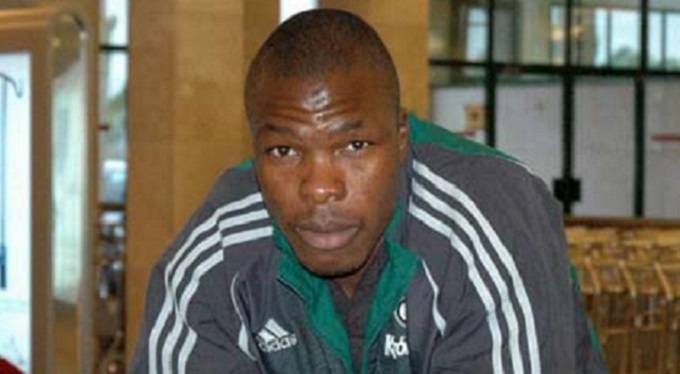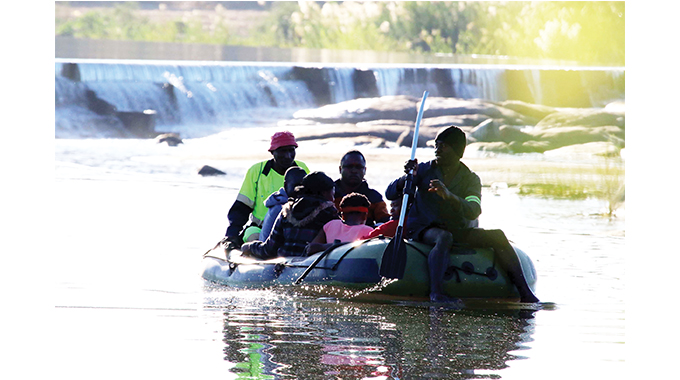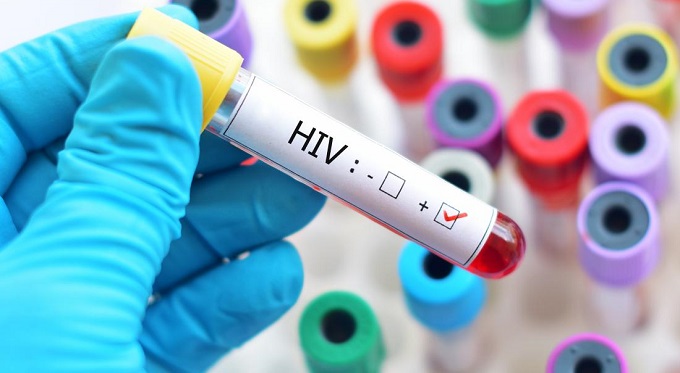Footballers hard hit by Covid-19

Ricky Zililo, Senior Sports Reporter
THE Covid-19 pandemic has brought misery across all sectors of the economy, with sports personalities among those that have been hardest hit.
Athletes, particularly footballers, who by virtue of playing the “beautiful game”, are always in the limelight, with elite players viewed as heroes and role models by both young and old fans.
Young players that graduate from lower divisions to the topflight league dream of using the local Premiership as a springboard to lucrative leagues outside Zimbabwe and follow in the footsteps of Peter Ndlovu, Benjani Mwaruwari, Norman Mapeza and Marvellous Nakamba, who first carved their skills in the dusty streets during highly competitive street games in their frontline years.
A host of successful footballers, present and retired, made it in foreign lands, with the bulk of them finding a home in the South African league.
The likes of Tendai Ndoro, Kuda Mahachi, Divine Lunga, Kaizer Chiefs poster boy Khama Billiat, Knox Mutizwa, Elvis Chipezeze and Danny Phiri settled well in the South African Premiership, while Knowledge Musona, Tino Kadewere, Marshal Munetsi and Teenage Hadebe managed to break into the more lucrative European leagues, inspiring local players to work hard to attract foreign scouts.
Those dreams of playing outside the country in 2020 appear to have been blown away by outbreak of the Covid-19 pandemic, which forced an indefinite suspension of the start of the PSL and froze all other leagues in March.
Ordinarily, by now, players in the PSL would have been preparing to go for trials outside the country, with those in the lower tier fighting to break into the PSL.
But now, all players in the local leagues are just sitting at home, pondering where their next meal will come from.
Those dreams of breaking through the frontiers of poverty to search for greener pastures have been turned into heaps of their ambitions, as the immediate and urgent task is just to put food on the table.
Bulawayo Soccer Coaches Association (Busca) secretary Morris Mukwiti says most gaffers and players are in serious financial strain due to the lockdown.
Mukwiti, head coach of Southern Region Division One League club CIWU, said members of his association and some players had reported feeling the severity of the lockdown.
“Teams had prepared hard for the 2020 season, but unfortunately the coronavirus pandemic derailed everything. The technical staff and players have been hit hard. Most Division One clubs are struggling financially, leaving their coaches and players facing poverty and starvation.
“As it is, most don’t know what the future holds. How we wish powers-that-be could intervene,” said Mukwiti.
Very few local clubs are able to maintain their players’ wage bills during this period of inactivity, with most teams in genuine danger of going under.
Most Zimbabwe clubs live from hand to mouth. They’re reliant on gate takings for survival and with no action, even those owners that went into their pockets to sustain their teams for the love of the game would have felt the pinch of paying players sitting at home.
Only teams such as champions FC Platinum, Ngezi Platinum Stars, Chicken Inn and army side Black Rhinos that are more or less self- reliant have been paying their players during the lockdown. For how long they can sustain this, only time will tell.
Crowd pullers Highlanders and Caps United recently lost their NetOne sponsorship, which had been cushioning them by paying players and technical staff’s wages, leaving them staring into oblivion.
Premiership returnees Bulawayo City FC are yet to pay their players a dime this year and the only reason there’s no player unrest is that they have nowhere to go. Every player finds himself stranded in his present situation. Bosso are already toying with the idea of paying half wages for May and June, with the hope that maybe restrictions on sports competitions would have been lifted by the end of July for them to use their crowd pulling muscle to raise enough to pay full wages or to lure new sponsorship.
However, despite their undoubted strength as crowd pullers, the frailty of Bosso can’t be disguised without financial sponsorship that has covered the club’s vulnerability over the years.
The truth is that without PSL action Bosso’s pallid condition becomes increasingly evident.
Covid-19 is regrettably claiming too many lives worldwide and it looks like the pandemic is also about to force some local football clubs to go defunct.
The situation is worse for First Division players, most of whom are not even on a monthly retainer and only rely on winning bonuses and camping allowances to get by. But without activity, footballers and coaches alike are struggling to make ends meet.
Highlanders and Bulawayo City players were among the lucky few to receive food hampers from fans and the Johane Masowe weChishanu Selbourne Park Apostolic sect a fortnight ago.
The sect donated 10kgs of mealie-meal and 5kgs of rice to each first team player at Highlanders and Bulawayo City. Bosso players each also received 5kgs of meat from Insiza North legislator Farai Taruvinga.
Although some people mocked this gesture as reducing Bosso into a charity case instead of them lending a helping hand to the needy as a big institution, reality presently shows that the club is handicapped and whatever form of assistance they get is a welcome relief for players and staff.
Players from some clubs are genuinely struggling and have been forced to “hustle” to put food on the table. Highlanders’ coach Mandla Mpofu has resorted to selling produce from his family farm, while Mainline FC player Joseph Museve has been holding personal fitness classes in his neighbourhood, charging each participant a monthly fee.
A player with one Bulawayo team said life had been difficult for him since the lockdown was imposed.
“You know since January we haven’t received anything and had it not been for the generosity of some relatives and friends, things could have been far worse. Some people are even laughing at us in the neighbourhood because we can’t afford anything now. If I had little money, I would have started even vending, selling vegetables to get something,” said the player.
Another player from Mzilikazi said he had resorted to queuing on behalf of people at banks, money transfer agencies and fuel stations for a fee.
“We are closer to town so getting to the CBD is easy. There are people from places like Cowdray Park and Nkulumane who ask us to queue for them at banks or money transfer agencies and they pay us US$5 or R100. I leave home around 3am and walk into town and my clients arrive at around 7am. I make about US$20 in a week which I use to buy food,” said the player.
The Botswana Football Association last month used part of its US$500 000 Fifa grant to cushion clubs, but Zifa is mum on helping local clubs during this lockdown.
Footballers Union of Zimbabwe (Fuz) vice-president Herbert Dick said his union encourages clubs to honour their contractual obligations and to negotiate with their employees over some form of cushioning allowances.
“The boys are struggling. You get calls from players saying they haven’t been paid since January, which is painful. We understand the situation everyone is going through, but our plea is that clubs mustn’t abandon players because Covid-19 will come to pass and they will need them. The little that clubs can raise will go a long way in helping players put something on the table. Believe you me, clubs that treat their players well during such hard times will have loyal staff that will speak highly about them all the time,” said Dick. — @ZililoR










Comments